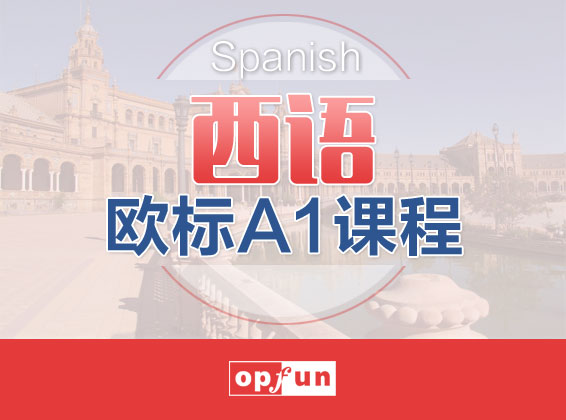|
Transitive verbs take direct objects—which can be direct object pronouns (i pronomi diretti). These pronouns are the person or thing affected by the action of the transitive verb and answer the question what? or whom? For example: She invites the girls. Whom does she invite? The girls. I read the book. What do I read? The book. The nouns "girls" and "book" are direct objects. Direct object pronouns replace direct object nouns: She invites the girls. She invites them. I read the book. I read it. The forms of the Italian direct object pronouns appear in the following tabl ITALIAN DIRECT OBJECT PRONOUNS PERSON SINGULAR PLURAL I mi (me) ci (us) II ti (you, informal) vi (you, informal) III lo, la (him, her, it) li, le (them, masculine/feminine)
La (you, formal) Li, Le (you, formal, masculine/feminine) In Italian, a direct object pronoun is placed immediately before a conjugated verb: Se vediamo i ragazzi, li invitiamo. (If we see the boys, we'll invite them.) Compra la frutta e la mangia. (He buys the fruit and eats it.) The only exception to that is when a sentence contains an infinitive. In this case, the object pronoun is attached to the end of it (note that the final -e of the infinitive is dropped): È importante mangiarla ogni giorno. (It is important to eat it every day.) È una buon'idea invitarli. (It's a good idea to invite them.) In a negative sentence, the word non must come before the object pronoun: Non la mangiano. (They don't eat it.) Perché non li inviti? (Why don't you invite them?) It is possible (but not necessary) to omit singular direct-object pronouns in front of verbs that begin with a vowel or forms of avere that begin with an h. However, the plural forms li and le are never omitted: M'ama, non m'ama. [Mi ama, non mi ama.] (He loves me, he loves me not.) Il passaporto? Loro non l'hanno [lo hanno]. (The passport? They don't have it.) A few Italian verbs that take a direct object, such as ascoltare, aspettare, cercare, and guardare, correspond to English verbs that are used with prepositions (to listen to, to wait for, to look for, to look at). Compare the following: Chi cerchi? (Who are you looking for?) Cerco il mio ragazzo. (I'm looking for my boyfriend.) Lo cerco già da mezz'ora! (I've been looking for him for half an hour!) Object pronouns are attached to ecco (here) to express the phrases "here I am," "here you are," "here he is," and so on: Dov'è la signorina? Eccola! (Where is the young woman? Here she is!) Hai trovato le chiavi? Sì, eccole! (Have you found the keys? Yes, here they are!) (責(zé)任編輯:admin) |
文中圖片素材來源網(wǎng)絡(luò),如有侵權(quán)請聯(lián)系刪除






